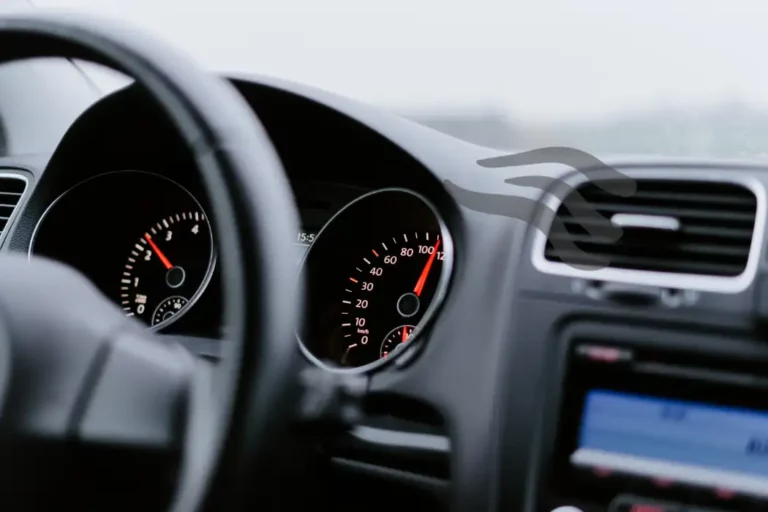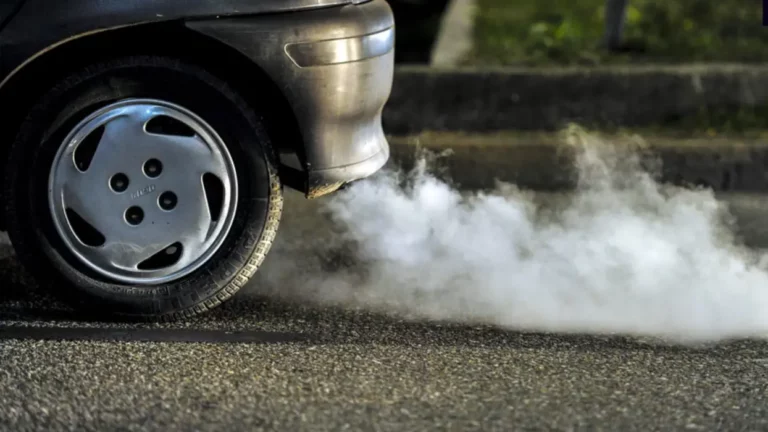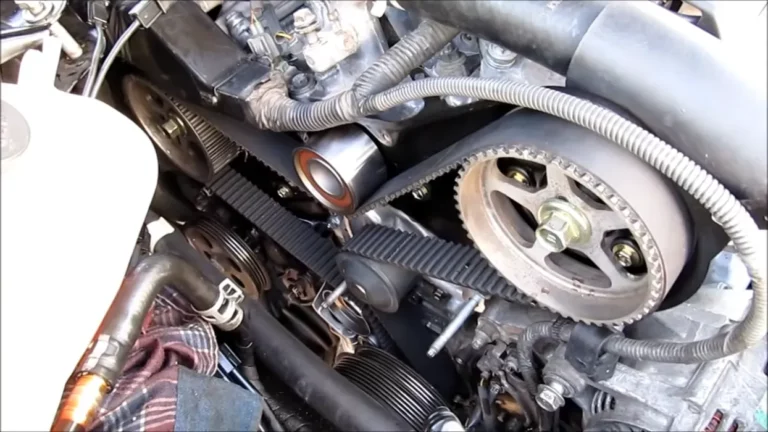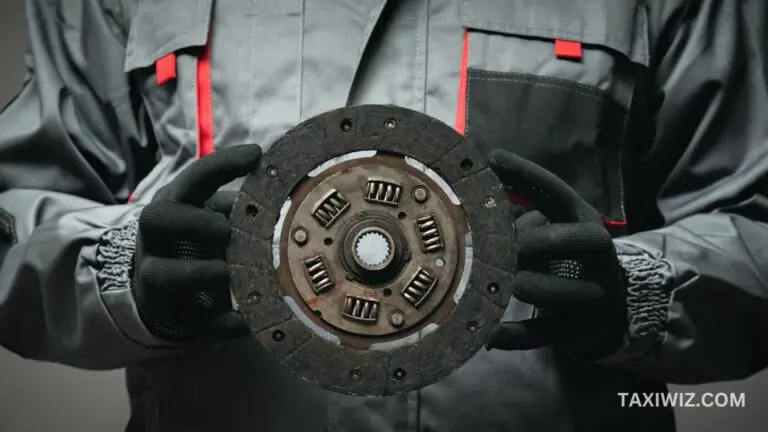Car Making High-Pitched Noise? Causes and Fixes!
Weird high-pitched noises coming from your car as you start usually mean:
- A vacuum leak,
- Slipping the fan belt,
- Failing alternator, or
- Worn wheel bearings
It can be initially difficult to locate the source of the sound because the high-pitched noise typically will sound the same regardless of where it is coming from.
So, it is best to diagnose the issue and get it fixed as soon as possible.
Some of the causes can be minor, but that still doesn’t mean you should ignore the issue. We’ve gathered a list of the possible reasons for the squealing noise coming from your car, and how to fix it accordingly.
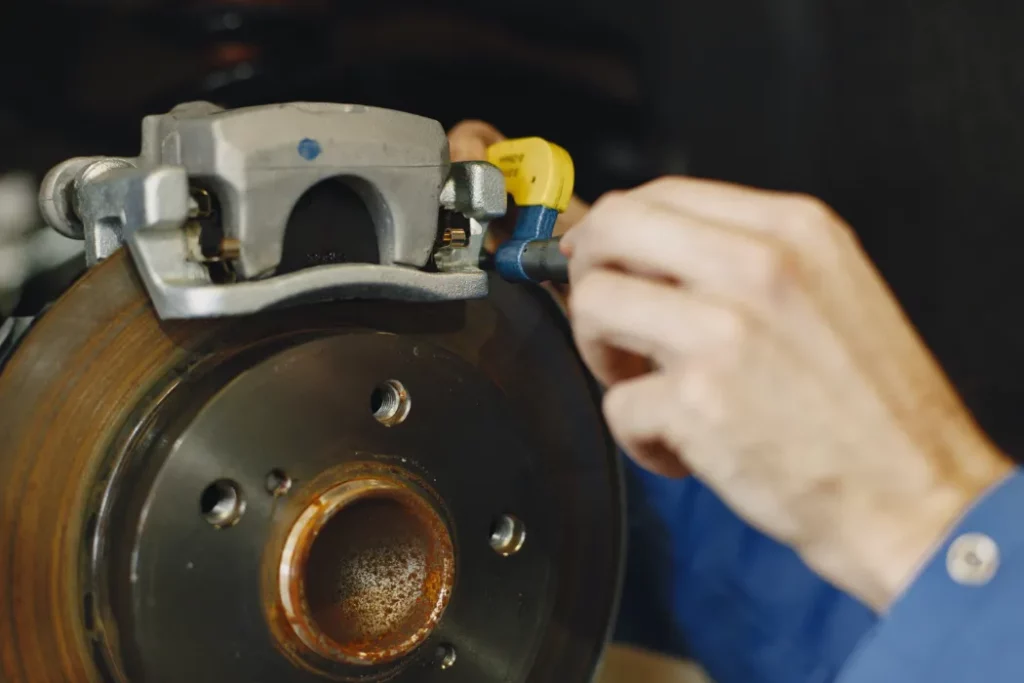
Common High-Pitched Sounds from Cars
There are some of the common high-pitched sounds from cars you might experience:
Whistling Noise During Ignition
You might hear a sharp, high-pitched sound going on when you turn on the air. This usually happens when the alternator pulley is worn out, or if there are airflow issues in the engine.
The sound can be a soft whistle, or even a loud high-pitched noise, depending on the severity of the problem.
An alternator pulley typically functions well for about seven years. So if your car is older than that, then it is time to get that pulley replaced.
Sometimes you might notice a slight burning smell along with the noise. As the issue originates from the engine area, it is necessary to get it checked by a mechanic as soon as possible.
Squealing Noise while Driving
If your car makes loud squealing sounds while you are driving, the issue can be originating from the engine.
Possible reasons are leaks in the vacuum flow or constricted airflow within the engine.
This type of noise while driving can also be because of worn-out tires and brakes that require replacement.
High Pitch While Accelerating
When you encounter the noise while accelerating, it could be for the following reasons:
- Worn out brakes
- Holes in the exhaust system
- Low fluid level in the transmission
- Worn out ball bearings
These issues are easily fixable by expert mechanics. But with the proper tools and instructions, you can fix these yourself as well.
Loud Whistling sound when Driving Slowly and Fast
If you hear whistling noises both while driving slow and fast, then the issue is airflow based. There are likely faults in the exhaust system, or holes or cracks in the windows and doors.
The best thing would be to check the outer parts of your car first to look for any holes, and then work on covering those up. If that fails, it is time to get the inner components checked by a mechanic.
Intense Screech While Driving
Make you sure don’t ignore this issue when you hear loud screeching noises from your car while driving.
The problem can lie in the brakes and rotors, and also the fan belt and pulley. If these components are damaged, driving can be risky and likely cause accidents.
Sources of the High-Pitched Sounds
Knowing when the noises occur is necessary, but identifying the exact sources cause the sound will help you fix the problems easier.
Here are the typical car components that will generate high-pitched or whistling noises when they are starting to wear out:
1. Brake Pads
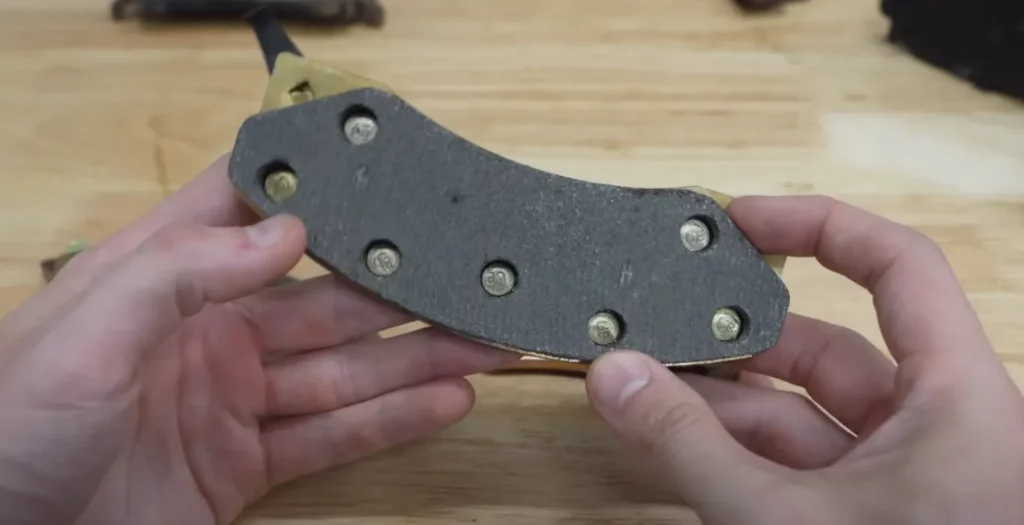
If your car is relatively new, the indicator on your dashboard will let you know when there’s something wrong with the brake pads.
But for older car models, you might just hear a squeaking noise coming from the pads every time you brake.
Do a physical check for worn-out areas and cracks or holes. You should also check if there is any debris lying between the disc and the pad that could be causing the noise.
2. Timing belt/cambelt
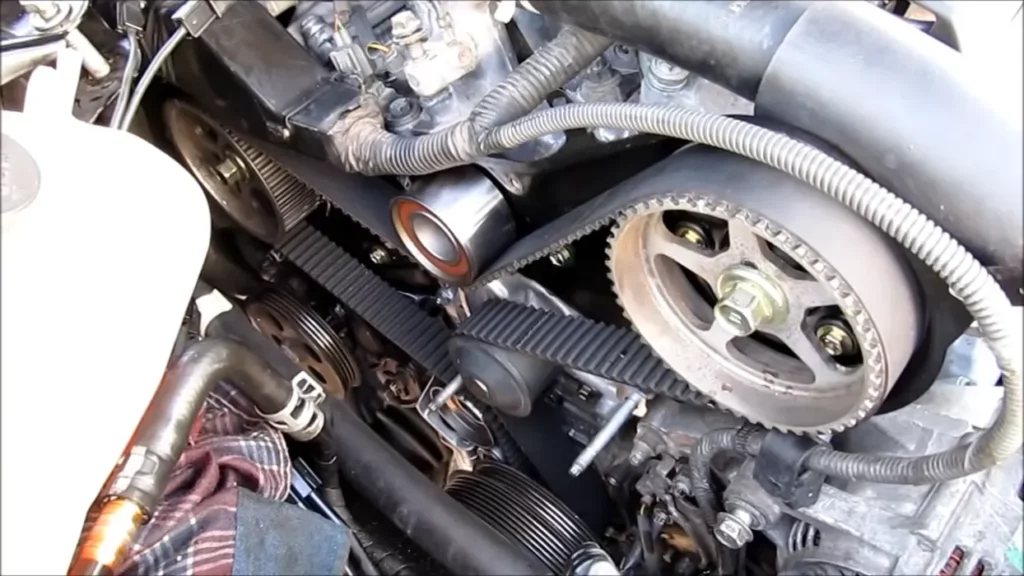
Over time, the timing belt used in the crankshaft will need replacement. The user manual that comes with your car will have information on how to replace the cambelt.
If you find that it is damaged, it is best to get it fixed or replaced immediately, as it can cause damage to other larger components of your car very fast.
3. Suspension
A lot of minor issues within the suspension including ball joints, shock absorbers, and springs can lead to high-pitched noises.
Too much friction from the loss of lubricating fluid in the suspension can also make the engine screech. All these worn-out parts within the suspension and increased friction can cause the car to overheat.
4. Power Steering
Low levels of contaminated power steering fluid can cause the pump to malfunction. You can try refilling the power steering fluid and see if the noise goes away.
If the problem persists, then the issue might be with the ball bearings or the fluid could be contaminated. In that case, the contaminated steering fluid needs to be fully drained and then refilled – something only a skilled mechanic can do.
5. Water Pump Pulley
Poor bearings in the water pump pulley will create squealing noises as you drive. If you ignore this for too long, the cooling system because of the water pump will malfunction and will overheat the engine.
6. Wheel Bearings
Too much dirt and debris can gather inside the wheel bearings, causing a squeaky noise.
This is highly dangerous while driving, as poor wheel bearings won’t be able to smooth out the friction between the wheel and its axle. In extreme cases, the bearing can break and cause a dangerous accident.
7. Tires
Consistent imbalance in tire pressure can cause it to produce a high-pitched whistling sound. The same noise can be heard if any of these issues exist with the tires –
- Under Or Over-Inflation
- Wrong Wheel Alignment
- Uneven Tire Pressure
Problems with the tires should be addressed quickly, as slightly malfunctioning aspects of it can cause serious accidents while driving.
Why is My Car Making High Pitched Whistling Noises While it is Idle?
Your car might make weird whistling noises even if it is left stationary, and these are the common reasons:
- Issues with the fan belt,
- The pulley bearings being too worn out, and
- AC compressor or alternator not working properly
A car making noises while it is idle is not something normal. So if you notice your car doing this, make no delay and get it looked into by a skilled mechanic.
Related Post: Car Won’t Start But The Lights Come On, No Clicking Noise
Can I Continue Driving My Car While It Makes High-Pitched Noises?
The short answer is no, you should not drive your car if you notice prolonged periods of strange, high-pitched noises coming from it. It could turn out to be a major issue originating from the engine.
Problems causing the noise can be anywhere from ill-fitted belts to decreased brake fluids. High-pitched noises can also occur if your car is losing power steering fluid too fast.
So overall, the strange noise can indicate that something is wrong, so it is not safe to drive your car in that state.
Read Also: Bad Crankshaft Position Sensor Symptoms – All You Need to Know
Frequently Asked Questions [FAQs]
What is high pitched whine from hard drive?
The most probable reason is the hard drive isn’t getting the required amount of power from the source.
Is high-pitched noise serious?
It can be serious, so, it’s wise to get the vehicle checked ASAP.
What would be a likely cause of a high-pitched noise after the engine starts?
The most common reason for this is that the belts are worn out and dry.
Conclusion
Investigating the main cause of the high-pitched noise coming from your car will help you fix it more easily. Common causes are just issues with worn-out components, such as the alternator pulley, ball bearings, and airflow system.
However, these are nothing that can’t be fixed. With regular maintenance and proper care, your car should stop making erratic, high-pitched noises.

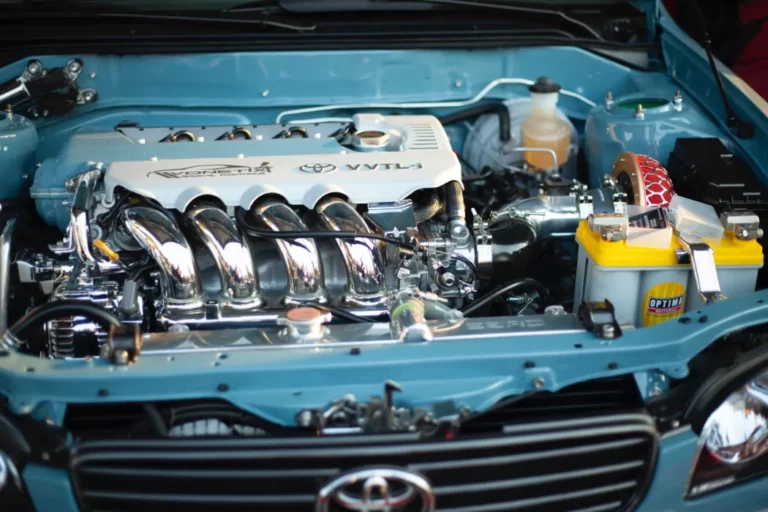
![Where Is the Starter Located On A Car? [Answered!]](https://taxiwiz.com/wp-content/uploads/2023/07/Where-Is-the-Starter-Located-On-A-Car-768x432.jpg)
